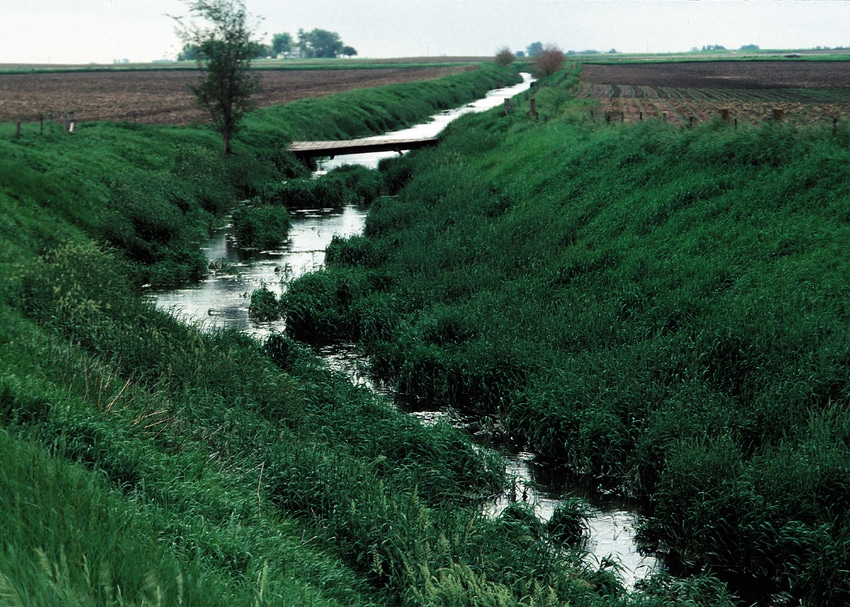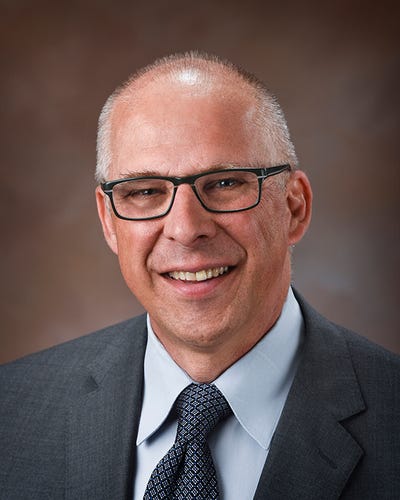February 16, 2018

Recently, I have heard some environmentalists complain about using tax payer money to clean up the environment. They say, “let the polluters pay,” meaning farmers should pay the entire bill.
Really? Wow, talk about denying, deflecting, and defending. It is my sincere hope that people study the impacts of climate change and its effect on nitrogen and phosphorus runoff before denying culpability. I hope they realize they are part of the problem and need to be part of the solution; unless, of course, these environmentalists deny climate change is human induced and/or that they have had any part of climate change.
Let me be clear: farmers need to do a better job of soil and water conservation. The nitrogen and phosphorus levels reaching our water bodies are absolutely too high. And there is no doubt agriculture land is a primary source of this nutrient loading. But farmers are not solely responsible for the nutrient loading from agricultural land.
Just do the research or ask any reputable scientist. They will tell you that climate change has led to more intense spring rainfall events when agricultural land is must susceptible to runoff.
I realize environmentalists don’t want to admit they are a part of the problem. Hey, I don’t want to admit I am part of the problem. I would rather blame someone else. I live on Main Street of Carroll, Iowa. Why should I take any responsibility? But being a scientist, and a believer of science, I know I am part of the problem like everyone else. The science is crystal clear. Given the fact we are all part of the carbon footprint, we are all part of the problem. and we all need to be part of the solution.
Across most of the United States, the heaviest rainfall events have become heavier and more frequent. Since 1991, the amount of rain falling during very heavy precipitation events has been significantly above average. This increase has been greatest in the Northeast, Midwest, and upper Great Plains – more than 30% above the 1901-1960 average.
Research demonstrates “nearly all nutrient export occurred when discharge was greater than the median discharge, and extreme discharges (≥ 90th percentile) were responsible for greater than 50% of the NO3–N export and greater than 80% of the P export.” Royer, et. al
If climate change is caused by societal activities (CO2emissions), then why should farmers be the ones to pay the full price of cleaning up our water? If society wants cleaner water, and we can acknowledge that climate change plays a role in increased soil erosion, shouldn’t we expect society to split the bill with farmers?
Furthermore, can we regulate an industry (agriculture) if a significant portion of the pollution is being caused by other cogs in society? But of course, to shore up my argument, you would have to accept that climate change is due to human activities. Novel concept.
Again, I am NOT giving farmers a pass. They need to do more. We all need to support the effort of cleaning up our waterways. So next time you want to blame all water quality issues on farmers, consider your impact on global warming. Instead of taking the position of deny, deflect, and defend consider how we all need to be a part of the solution, both farmers and non-farmers.
About the Author(s)
You May Also Like






